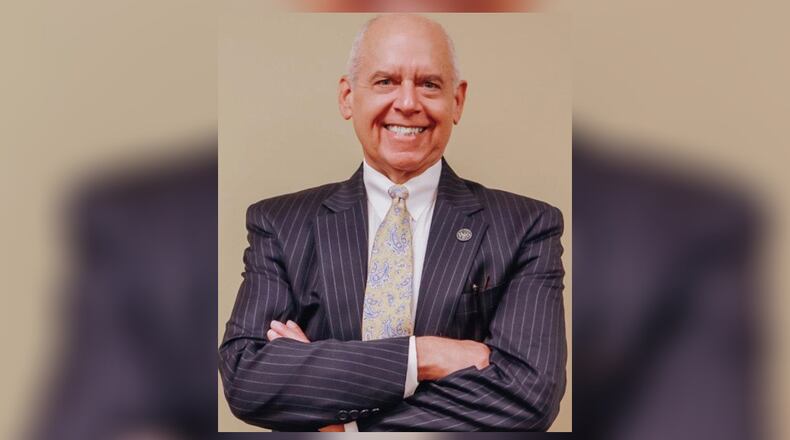So why are there these driving tobacco-related health disparities?
The Surgeon General’s Report makes clear that the tobacco industry is a major driver of these disparities. There has been a major decade-long tobacco industry targeting the Black community with menthol cigarettes, not to mention their efforts in the LGBTQ+ community.
The report details the industry’s pervasive role in creating and perpetuating tobacco-related disparities, including:
- Targeted marketing to vulnerable populations
- Fighting policies to reduce tobacco use
- Advertising that misappropriates cultures and promotes harmful stereotypes
- Manipulating products to make them more appealing and addictive
The Surgeon General traces the path of the industry’s destruction throughout the nation. While no community is spared, the discriminatory targeting and aggressive marketing by the tobacco industry is shown through who is affected by tobacco-caused death and disease.
Among the report’s many findings, it concludes that menthol-flavored tobacco products do increase the likelihood of the use of nicotine initiation, addiction, and a lifetime of use and are target-marketed and used disproportionately by population groups, including Blacks, those who identify as lesbian, gay or bisexual. Unfortunately, the Biden administration’s failure in 2023 to finalize the lifesaving rules to end the sale of menthol cigarettes and all flavored nicotine products across the country, I urge all states and cities across the U.S. to pass policies to end the sale of all flavored tobacco products, including menthol cigarettes, flavored cigars, and flavored e-cigarettes. Unfortunately, here in Ohio, our state legislators have made this impossible for most communities. The reality for most of Ohio is that we will wait for the courts to decide if Ohio is truly a home-rule state. What is happening in Ohio is exactly what the Surgeon General was speaking to when writing that the tobacco industry’s influence fights meaningful nicotine reduction policy that will save lives.
Bruce Barcelo, MS, CTTS, NCTTP is the Director of Education and Prevention for Soter Technologies, and faculty at The Breathing Association.
About the Author
